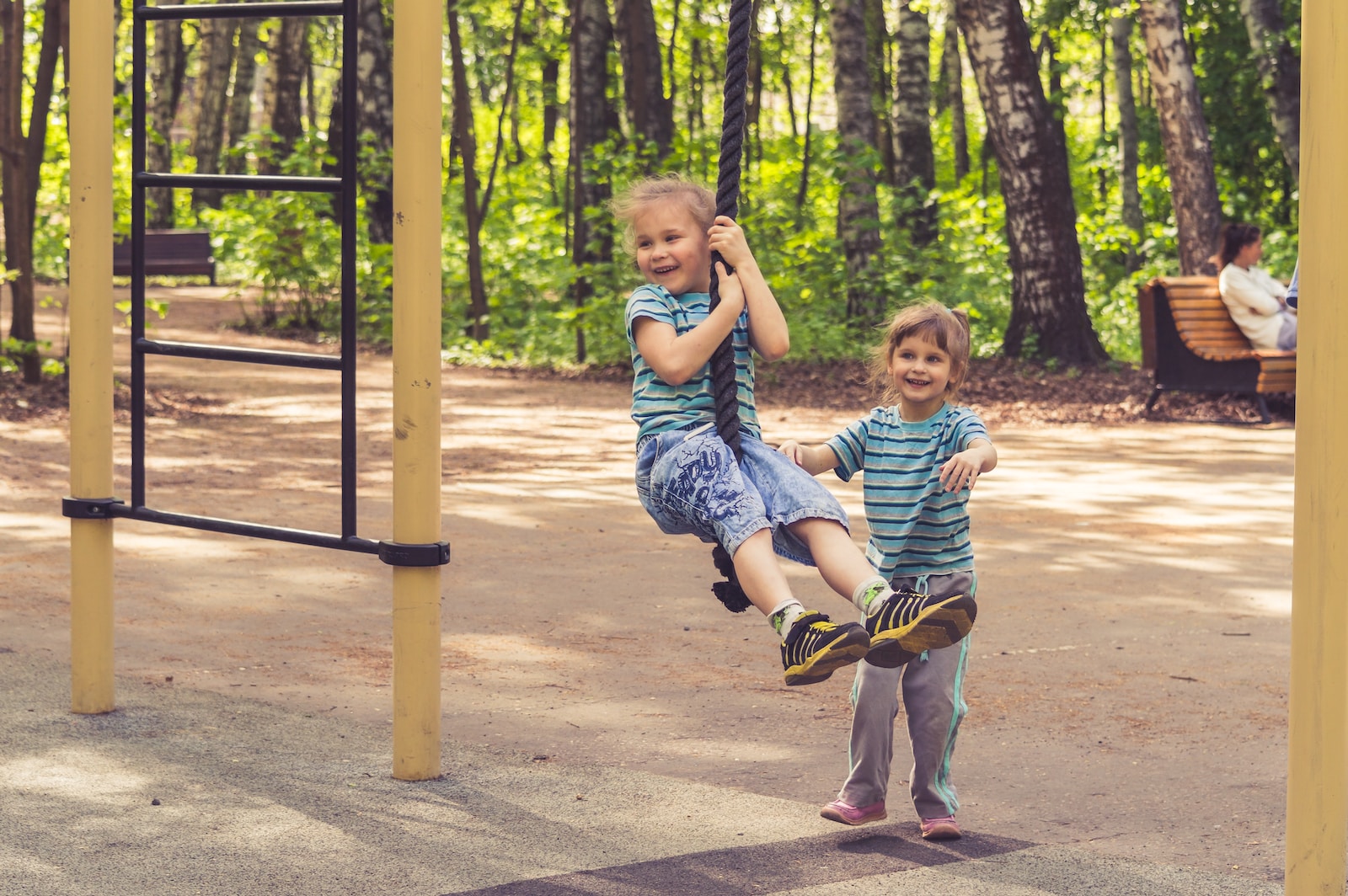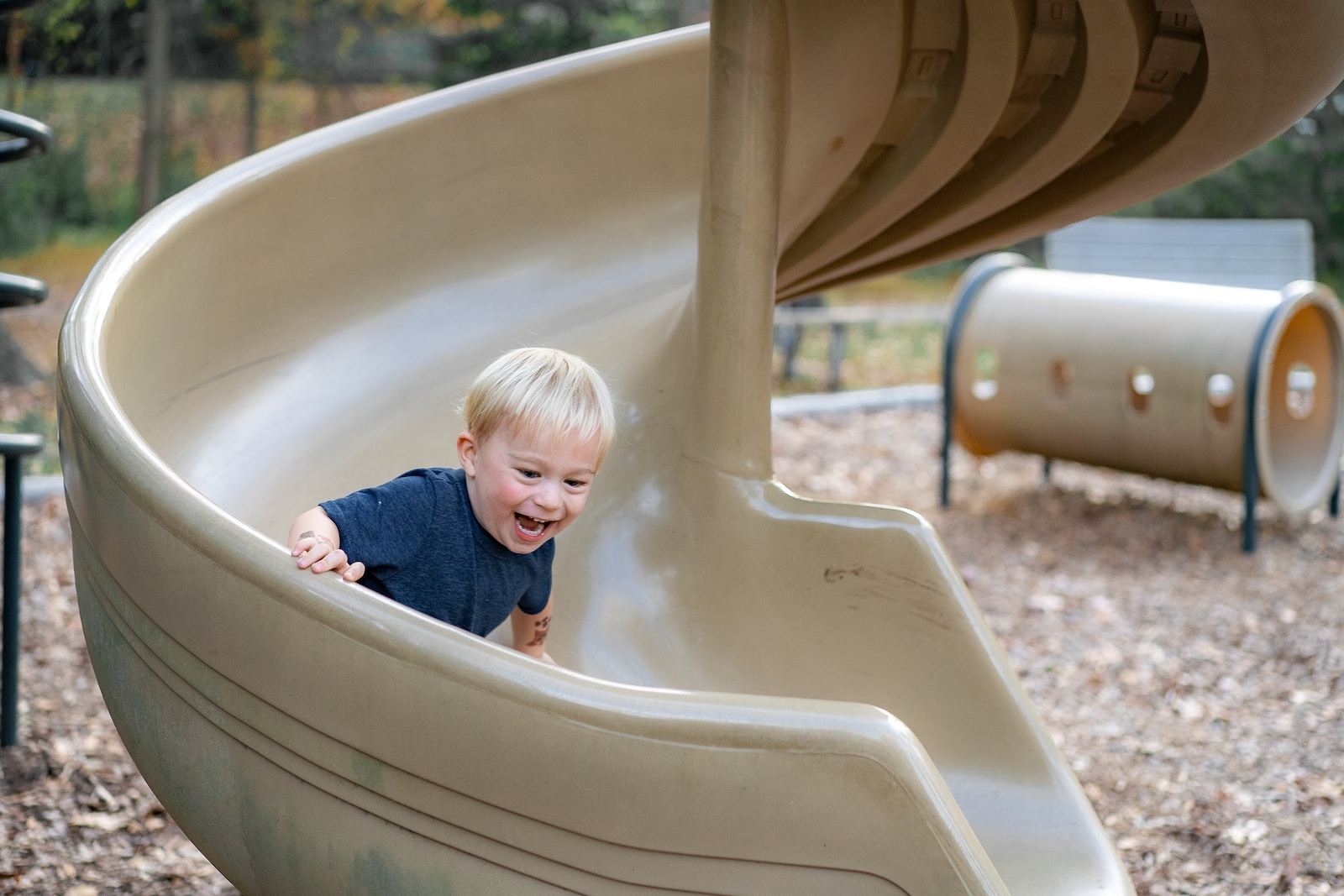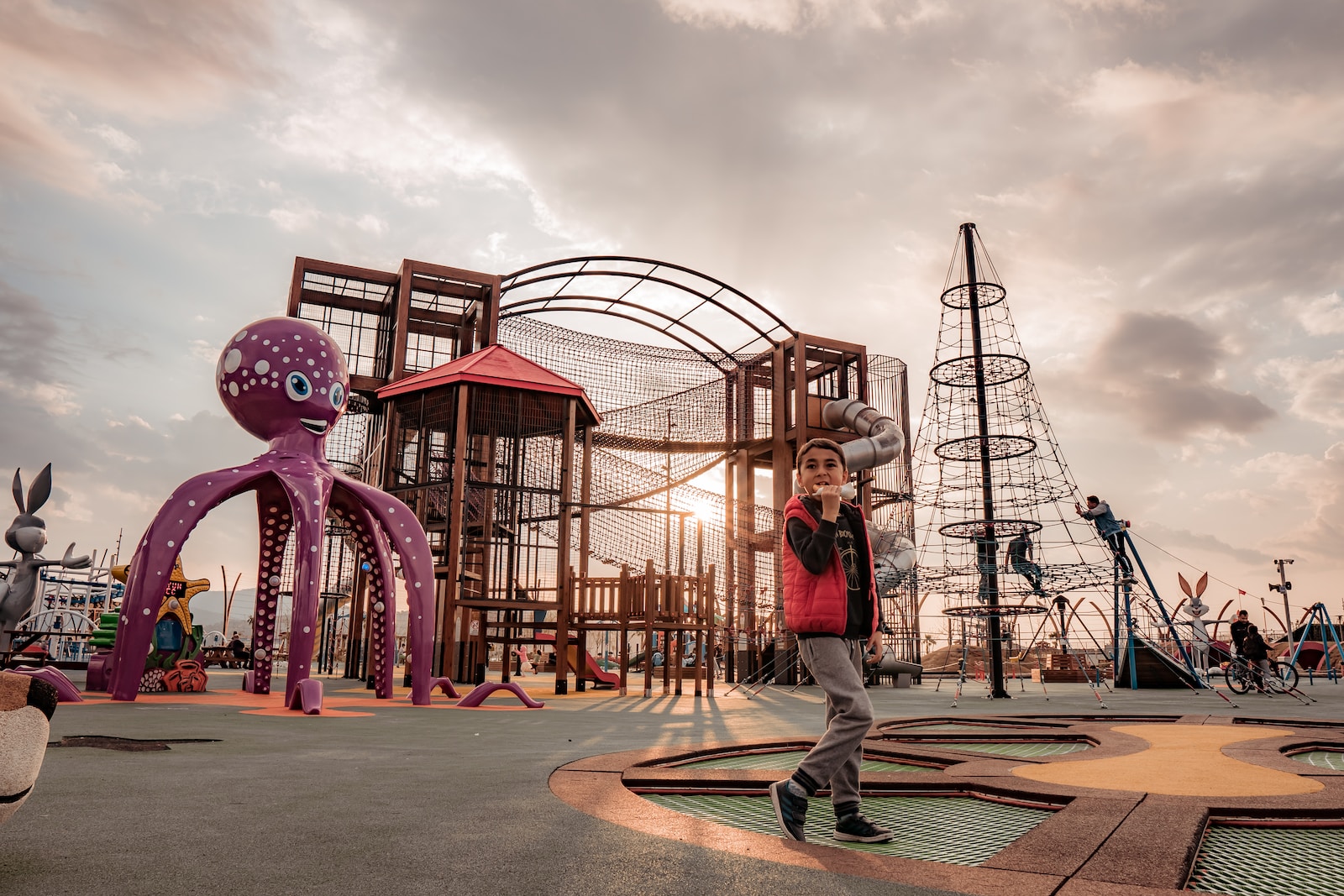Abstract
Access to playful experiences outdoors is critical for children’s learning and development. With a significant amount of young children attending early childhood education and care (ECEC) settings (OECD, OECD Publishing, 2023), these programs have an important role in furthering children’s equitable access to outdoor play. As part of a larger comprehensive study examining the impact of a playground naturalization project at a licensed child care centre, this article explores Early Childhood Educators’ perceptions of children’s development and learning on a more naturalized playground. Naturalized playgrounds, which are also sometimes referred to as natural playscapes, incorporate natural elements, such as gardens, rocks, trees, and water (Coe et al., Children, Youth and Environments 24:1–15, 2014; Wishart et al., Landscape Research 44:1031–1049, 2019). Through a quasi-experimental mixed-method design, this study used the thematic analysis process described by Terry and Hayfield (Terry and Hayfield, Essentials of thematic analysis, American Psychological Association, 2021) to analyze data from two researcher-created online surveys completed by educators from the focal ECEC setting. Several themes were generated related to the opportunities offered by naturalized playgrounds and the impact that they may have on children’s development and learning, including beliefs about variety, openness, and engagement. Additionally, tensions and challenges that were expressed by some of the educators, especially initially, suggested that the affordances of naturalized playgrounds may change over time and that perception of affordances in these environments can vary. This research offers a new qualitative exploration to the existing literature on naturalized playgrounds and suggests that a naturalized playground design could positively impact children’s play, learning, and development. Future research examining perceptions of naturalized playgrounds over time would be beneficial.
Journal: Early Childhood Education Journal
Year: 2023



